Sustainability
The worldwide focus on climate issues is intensifying as a rapid pace. According to IMO, shipping accounts for 80% of the world trade, and emits about 2.5% of global CO2 emissions, and while IMO makes an effort to align all member states to install regulations in the form of EEXI and CII as a framework for a level playing field, the shipping industry already takes some necessary measures. Proper timing is quintessential, when endeavouring into the energy transition. We put a great focus on efficiency and technology, while we are partnering up and looking out for new fuels without risking to end up with stranded assets along the way.
The Call to Action for Shipping Decarbonisation was formally presented in conjunction with the UN General Assembly and ahead of climate negotiations at COP26 in Glasgow in November 2021. Ultranav was one of the initial 150 signatories. This was a logical step in line with our decarbonisation strategy and comes at a crucial time.
While the private sector can lead the way by investing in zero emission technology, this can only happen at the required pace and scale if the national and international policies close the price gap. The Call to Action calls on governments to work together with industry to deliver the policies and investments needed to reach critical tipping points in decarbonising global supply chains and the global economy.
It has been a reiteration of the Ultranav initial decarbonisation pathway to exceed IMO’s targets and Ultranav formalised the commitment to drive initiatives with the objective of predominantly deploying zero emission vessels in domestic trades by 2045. And by 2050, commit to deploying a zero emission fleet in international commercial operations.
Environment
Climate targets
Ultranav is dedicated to showing environmental leadership and exceed the mandatory targets set by IMO.
Ultranav is committed to achieving a 50% carbon intensity reduction in emissions by 2030. We will employ innovative technologies, invest in sustainable practices, and collaborate with industry partners and stakeholders to surpass the emission reduction targets set by the International Maritime Organization (IMO). This commitment aligns with our dedication to environmental stewardship, and we will transparently communicate our progress, engage our employees in the journey, and adapt our strategies to the evolving landscape. Ultranav is not just aiming to meet regulations but to lead the maritime industry towards a more sustainable and decarbonized future.
By 2030,
Ultranav is committed to reduce the carbon intensity of the fleet by 50% compared to 2008.
By 2045,
Ultranav aims to have a zero emission fleet in domestic commercial operations.
By 2050,
Ultranav is committed to have a zero emission fleet in international commercial operations and to be climate neutral.
Greenhouse gas strategy
According to IMO, it is estimated that the shipping industry accounts for transporting 85% of global trade, while being responsible for 2.5% of the global GHG emissions.
The Ultranav group have outlined a decarbonisation strategy built on six pillars setting a clear direction for Ultranav’s contributions to finding a solution to minimise the effects of climate change. The goal is to play an active role in exceeding IMO’s mandatory targets of reducing CO2 intensity by at least 50% until 2030 and total GHG emissions by 50% until 2050.
01

Energy on board
02

Industry collaborations
03
Culture
04

Transparent reporting
05

Regulations
06

Pathway to zero
Energy saving devices
In Ultranav we continuesly explore options and devices that can lower emission, in order to achieve our goal of reaching net zero in 2050. Two of the devices we have tested and implemented on vessels in our fleet is PBCF (Propeller Boss Cap Fins) and Schneekluth ducts.
PBCF is an energy saving device with the potential to enhance propeller efficientcy with up to 5% fuel oil savings. PBCF have been installed on severel cessels in the Ultranav fleet.
Schneekluth ducts functions alongside PBCF, and offers several benefits to the vessel, including: Increased propulsive efficiency, enhanced manoeuevrability, reduced resistance and drag and improved stability and seakeeping.
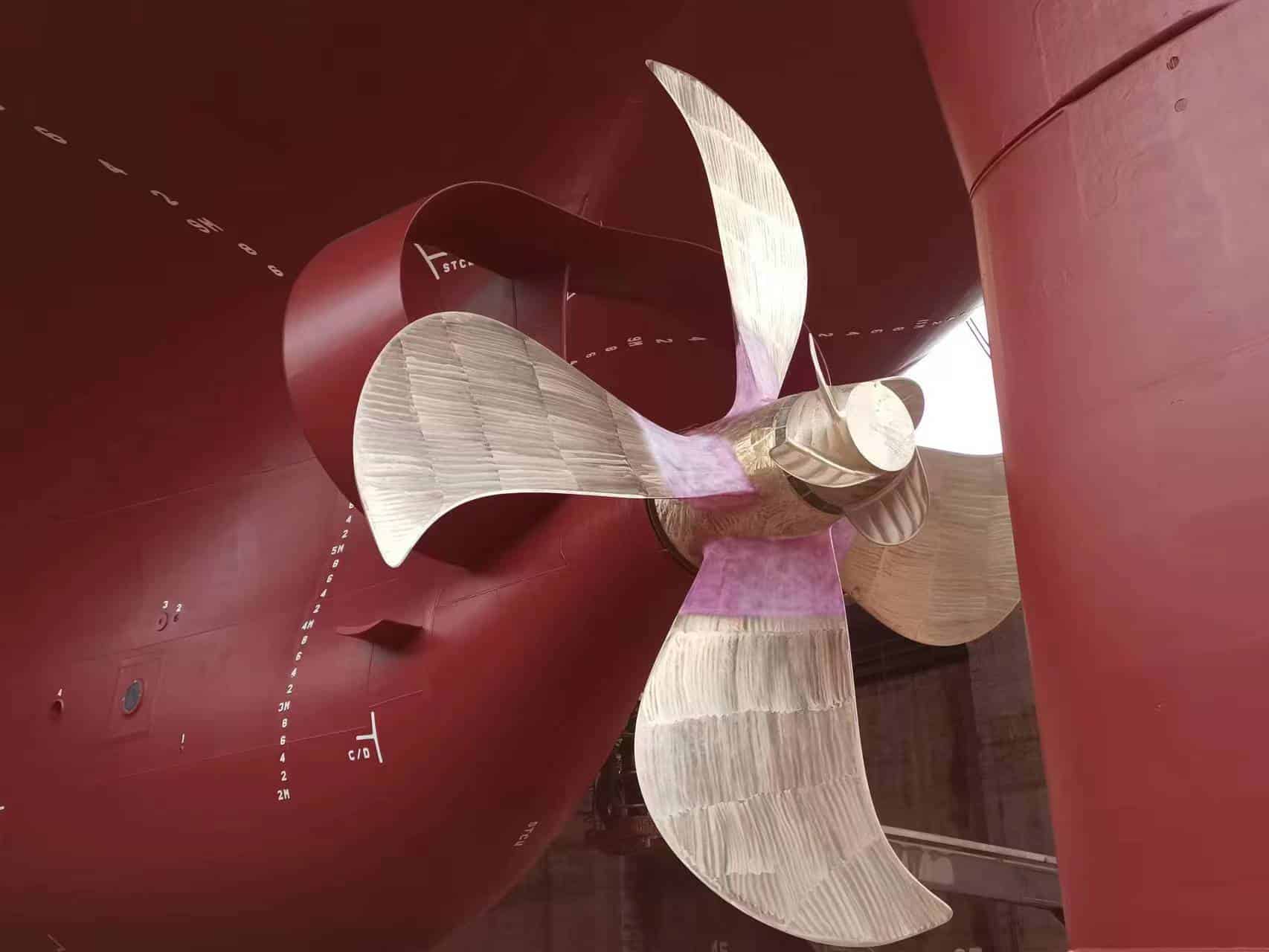
PBCF
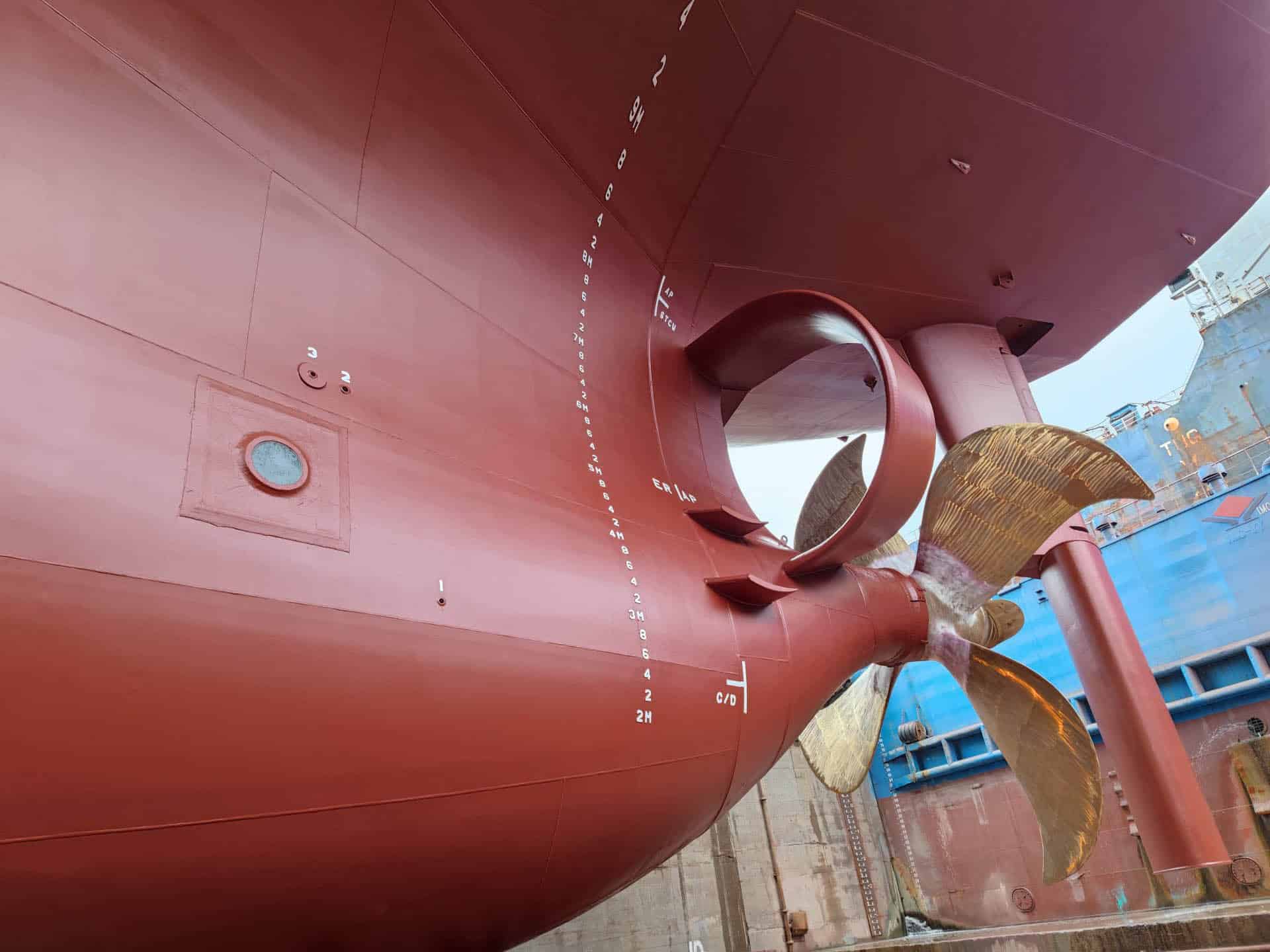
Schneekluth duct

PBCF & Schneekluth duct together
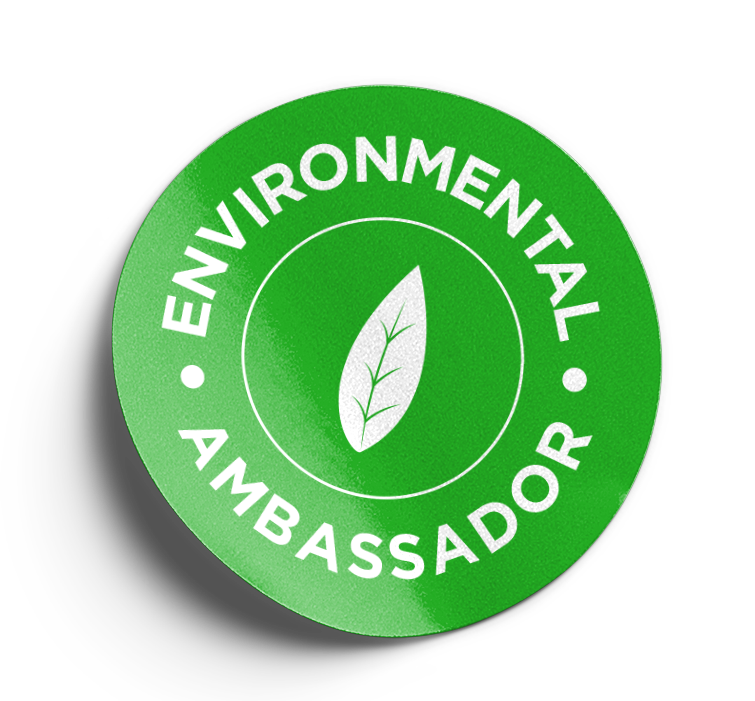
Environmental Ambassadors
We are proud to introduce a newly trained group of Environmental Ambassadors within our organisation. A carefully selected team of employees completed an intensive training programme, equipping them with the knowledge, insights, and practical tools necessary to champion sustainability across our business.
We are excited to see the positive changes this team will inspire as we work together towards a more sustainable future.
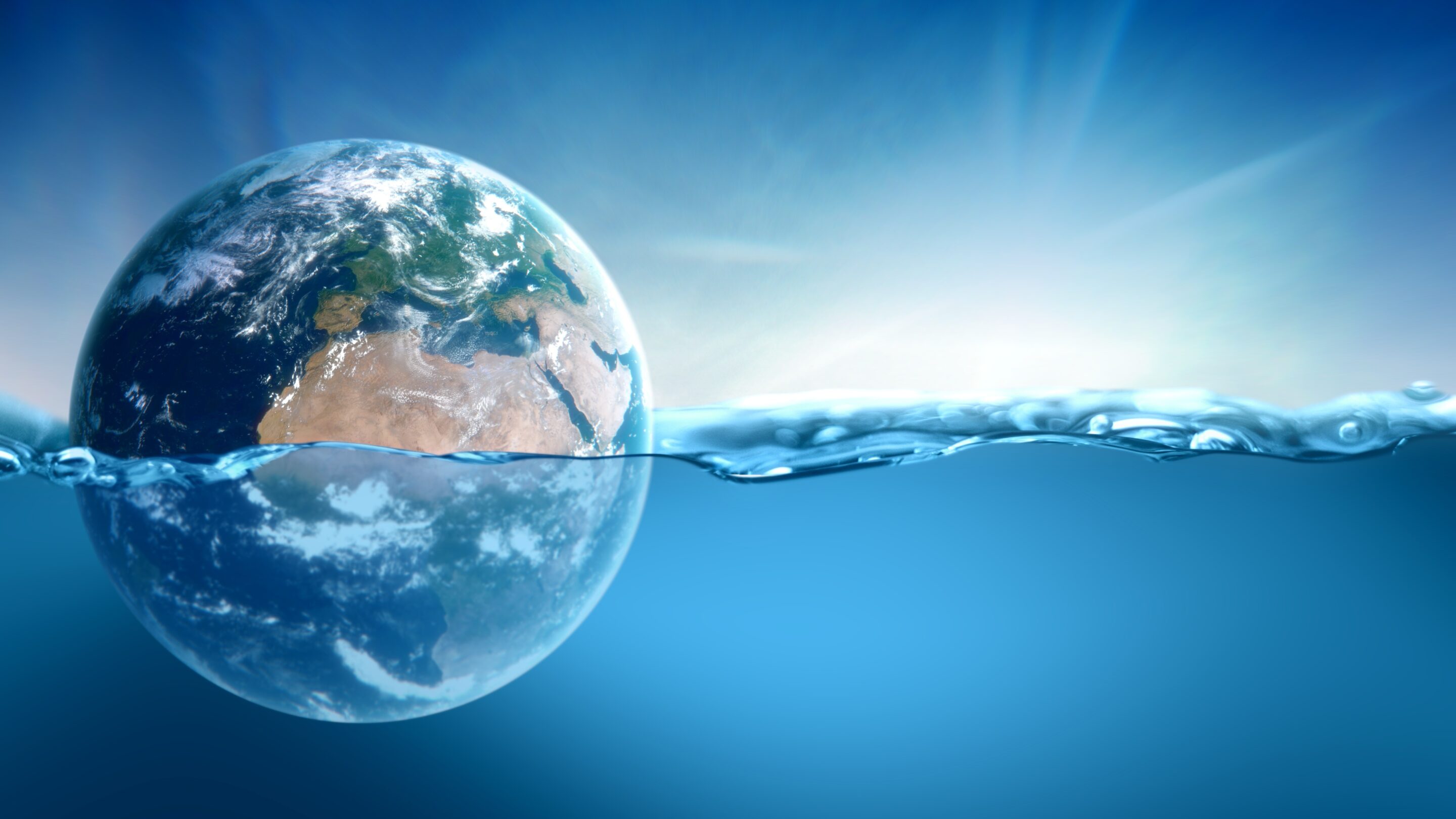
Fleet emissions 2023
Social
Safety
As one of the Ultranav corporate values, safety takes a significant part of daily operations. All our crews around the world are part of the UltraSafe programme, designed specifically to anchor safety within our culture. The goal has been to design a global programme with shared safety processes, behaviours, tools and methods, but also allowing each company to carry out the necessary local adjustments. The aim is to create a safety culture everyone trusts; resilient and strong. The key is to trust in each other’s commitment and accountability, while contributing with passion and integrity.
UltraSafe Programme
This programme has been implemented over the past years in all Ultranav’s business units with special focus on all shipmanagement activities and it has implicated changes in our procedures, measurements and goals both at sea and ashore. With the implementation of Safety Delta, we made listening to our crews the starting point of our drive towards safer operations.
Culture
Ultranav was founded more than 60 years ago by Captain Albert von Appen, starting with the vessel “Ultragas“, a 90 cbm capacity gas carrier. With an overall length of 23 meters, it was probably the smallest vessel of its kind ever built. Global expansion and diversification has been achieved through organic growth, partnerships and joint ventures.
Ultranav is currently headed by the third generation of the von Appen family, and family values remain greatly integrated in the company. Ultranav has always had a value-based culture as one of our core pillars of sustainability.
In 2023 as long-planned succession took place with Per von Appen becoming the Executive Chairman after his brother Dag von Appen, who has headed Ultranav since 2002.
Our people is our strongest asset
We are working actively towards creating a diverse and inclusive company. On a daily basis, this means that we have more than 30 nationalities working at our organisation, with more than 2,800 working at sea and over 800 ashore.
With excellence and passion as two of our company values, it is immensely important to us that we have a talented and motivated staff. We make sure to empower our teams to execute the strategy and focus on continued development, both on management level, team level and a personal level.
Contribution to society
Ultranav supports charities and non-profit organisations in various ways, focusing especially on the well-being and health of children.
Ultranav
Ultranav continues to support the People Help People Foundation (PHP) aiming to offer better opportunities to youngsters in Chile to support them in their continued development. Over 1,000 students are supported in three owned schools, one farm and one hotel to allow students to learn a wide range of technical skills. The foundation started in 1985 and since then these schools have been awarded several times for the high standard reached by the students in various national educational evaluations and certifications.
Teletón is a charity event held in Chile on a yearly basis since 1978. In 2022, Ultranav made an agreement with Teletón aiming towards hiring more people with some type of disability. We have also completed a charity campaign, where Ultranav doubled the donations offered by employees as well as supported a group of employees who visited the institute and the kids there.
Ultranav launched the volunteer programme “Ultranav: voluntarios que transforman”, which is carried out jointly with Fundación Trascender, the link between our company and the low-income schools we sponsor. Activities of this volunteer programme included offering classes in Mathematics, English and career guidance to students. In addition, we provided the opportunity for the students to familiarise themselves with the world of working, including a field trip to the Valparaíso region, where they spent a day at SITRANS, Humboldt and Terminal TPS, on “La Ruta del Mar”. This activity focused on bringing the students closer to the shipping world.
A total of 80 students of Colegio José Agustín Alfonso and Colegio San José benefited from the unconditional support of our 30 Ultranav volunteers who dedicated their time supporting young people who have little or no chance of being in a programme that brings them great value.
Antares Naviera
Antares Naviera in Argentina continued to support the local community, especially in unprivileged areas where the company operates (Comodoro Rivadavia, Ingeniero White and Puerto Deseado among others). The main purpose was to integrate efforts with public and private organisations to achieve common objectives and goals that facilitate sustainable human development, paying greater attention to fundamental pillars for development such as education, school dropout and poverty.
Antares Naviera continued its joint and articulated work with the Cimientos Foundation, supporting more than 100 students to carry on with their studies through scholarships. At the same time, given the difficult situation of poverty that Argentina is going through, Antares Naviera kept its active participation with the Banco de Alimentos Foundation aiming to reduce hunger and improve the nutritional quality of children and young people. Finally, Antares Naviera continued collaboration with the community through projects carried out by the NGOs Educar 2050, Vida Sin Violencia, Mensajeros de la Paz, and En Buenas Manos, among others.
Naviera Transoceánica
Naviera Transoceánica (Navitranso) continues to support two social projects seeking to improve the education of children in Peru, namely the Wiese Foundation and the Da Un Chance Association.
Together with the Wiese Foundation, Navitranso participated in training teachers in teaching new and updated techniques.
Alongside the Da Un Chance Association, Navitranso participated in the selection of talented children with low economic resources from public schools, giving to them full scholarships to study in private schools. monthly tuition fee, annual medical insurance, books
and school supplies.
Ultrabulk
Following an employee vote, Ultrabulk donated USD 75,000 and USD 25,000 in 2022 to Save the Children and Mercy Ships, respectively.
Governance
Anti-corruption
Ultranav is strongly committed to a strict compliance worldwide with relevant laws prohibiting bribery. No employee at any level may offer, promise, authorise or give anything of value to any public official in any country, or to any third party in the private sector, in order to gain any improper business advantage of any kind. Nor may any employee solicit or accept any form of bribe from any person.
Ultranav offers training to all employees on how to act and react if met with demands of bribery or extortion.
Ultranav continues to contribute actively to the Maritime Anti-Corruption Network (MACN) with incident reports and support to the collective action campaigns. Furthermore, we participate in MACN sessions and debates related to countries where facilitation is known to occur.
(link to business principles LP)
Sustainability reports
Ultranav annual report - Sustainability 2023
Ultranav International ApS CSR report 2023
Ultranav annual report - Sustainability 2022
Ultranav International ApS CSR report 2022
Ultranav annual report - Sustainability 2021
Ultranav Denmark ApS CSR report 2021
Ultranav annual report - Sustainability 2020
Ultranav Denmark ApS CSR report 2020
Ultranav Denmark ApS CSR report 2019
Ultranav Denmark ApS CSR report 2018
A partner you can trust

Sustainable Development Goals
The Sustainable Development Goals provides a shared blueprint for peace and prosperity for people and the planet. They are an urgent call for action by all countries in a global partnership.
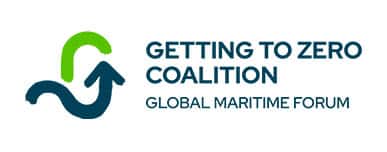
Getting to Zero Coalition
The Getting to Zero Coalition is committed to supporting the development of Zero Emission Vessels by 2030, whilst also pursuing a full decarbonisation of the industry by 2050.
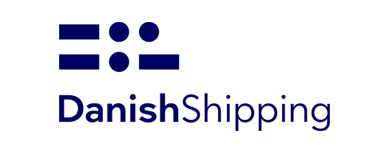
Danish Shipping
Danish Shipping is a trade and employer organisation playing an active role in relation to the authorities and decision-makers nationally and internationally.
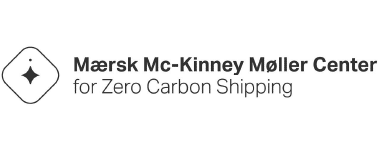
Mærsk Mc-Kinney Møller Center for Zero Carbon Shipping
MMMCZCS is a non-profit, independant research and development center looking to accelerate the transition towards a net-zero future for the maritime industry.
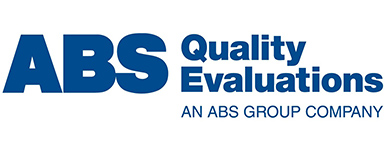
ABS Quality Evaluations
ABS Quality Evaluations is a global leader in certified performance and has assessed the carbon emission inventory and footprint calculation of Ultranav International.
